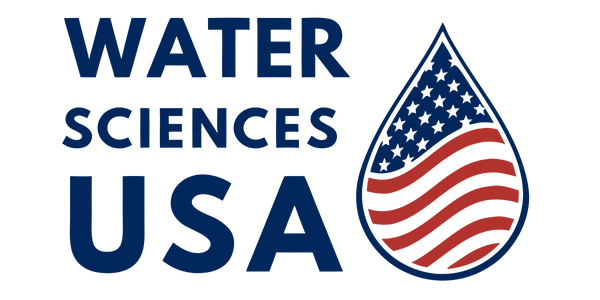Golf Course Homes Linked to Parkinson’s Disease: What this means for home buyers

Home buyers looking to live near a golf course might love the scenic views, but a new study sounds a serious alarm.
Research published on May 22, 2025 in the found that living within a mile of a golf course increases your odds of developing Parkinson’s disease by a staggering 126% compared to those living over six miles away. The risk drops by about 13% for every additional mile beyond three, but for those in areas with vulnerable groundwater, the odds are 82% higher.
Even more concerning, residents in water service areas near golf courses face nearly double the risk of Parkinson’s.
Golf courses rely on heavy pesticide use—up to seven times more per acre than traditional agriculture—to keep their fairways pristine. These chemicals, like 2,4-D and chlorpyrifos, can seep into groundwater, which 77% of the study’s participants depended on for drinking water. In some cases, pesticide levels in water were found to be 200 times above safe health guidelines.
Home buyers should know the risks and test their water when going through home inspections
If you're a home inspector, recommending water testing empowers your clients to make informed decisions about their home’s safety. Contaminants such as nitrates, pesticides, or heavy metals may be present in water sources near golf courses, posing health risks, particularly for families with young children, pregnant women, or elderly residents. By including water testing in your recommendations, you demonstrate thoroughness and care, helping clients avoid unexpected health hazards or remediation costs.
What to Test For
When advising clients, suggest a comprehensive water test that screens for common golf course-related contaminants, including:
- Pesticides and herbicides: Chemicals like glyphosate or atrazine may persist in water sources.
- Nitrates: Often found in fertilizers, these can cause serious health issues, especially for infants.
- Heavy metals: Runoff can introduce metals like lead or arsenic into groundwater.
- Volatile organic compounds (VOCs): These may result from chemical applications or maintenance equipment
Certified laboratory testing can provide detailed analysis, giving your clients peace of mind or actionable data if issues are detected.
How to incorporate this into your process
During your inspection, discuss the property’s proximity to a golf course and explain the potential for water contamination. Then suggest using Water Sciences USA's water testing kit, which will allow you to provide them with the option to use certified labs to test the quality of their water.
For home inspectors, recommending water testing for clients near golf courses is a simple yet impactful way to add value to your services. It ensures your clients are fully informed about their home’s safety and underscores your expertise in identifying hidden risks. Make water testing a standard recommendation for these properties, and you’ll help your clients enjoy their homes with confidence.
